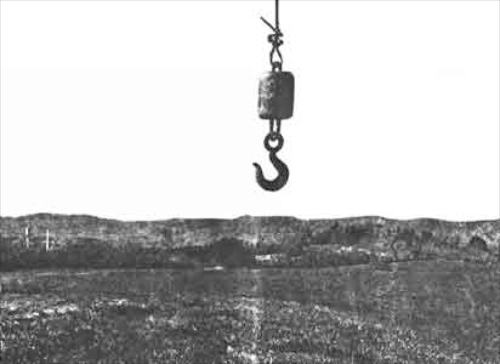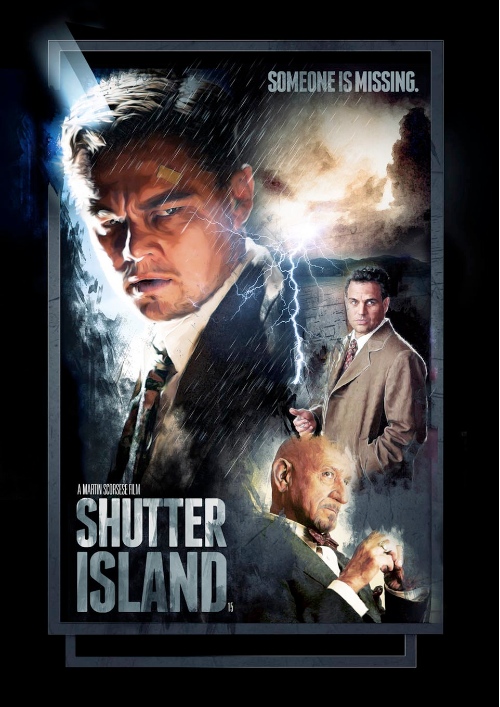Films of the Year 2011
Presented without much comment, but with the invitation to discuss and add your own titles, my cinema year 2011. (And apologies for text size issues - Wordpress really needs to sort out its IPad compatibility issues... When I get back to my laptop I'll fix what needs addressed here.) For what it's worth, I still think 'Andrei Rublev' is the greatest film ever made (and hope for a Blu ray release in 2012).
Just outside the top ten/Undiscovered Gems from 2011
Bridesmaids - a female 'Tootsie', and as good as that film.
Warrior - the most emotionally substantive ring fighting film since 'Rocky'.
Road to Nowhere -a slow-burning endless loop return from Monte Hellman.
Anonymous - the most underrated film of the year: an inspirational comic drama about how art can change the world.
Cameraman: The Life and Work of Jack Cardiff - a delightful, educational, and ultimately lazy moving labor of love focused on a man who painted some of the finest images on film, and seems to have been one of the kindest people in his field.
J Edgar - An art movie with the guts to paint a historical villain as a human being.
The 'B' List
Rango
Rise of the Planet of the Apes
Contagion
Drive
A Better Life
The Descendants
Melancholia
Midnight in Paris - Which is glorious when it takes place in the past; but a little didactic in the present.
Green Hornet/Sucker Punch/Your Highness/Thor/Horrible Bosses/Cowboys and Aliens
Films I Haven't Managed to See Yet
10: A Dangerous Method - A threesome with Freud, Jung, and Speilrein; the revelation of how flawed people can produce great work; an up close and personal engagement with how to get up close and personal with yourself.
= with: 10: Submarine - Brilliantly funny and smart coming of age in Wales tale; it's a cliche to say it, but 'Submarine' is a British 'Rushmore'.
9: Super 8 - Far more subversive than its reputation allows, more than a homage to Spielbergian childhood-wonder-and-brokenness adventure stories, but a love letter to the USA we want to believe in, wrapped in an alien invasion plot whose resolution provides a kind of fantasy wish-fulfillment for those whose vision of post-9/11 necessity asserts the primordial importance of restorative justice for perpetrators, and empathy with survivors in place of retribution and keeping victims in a place of idolatrised yet powerless martyrdom.
8: Le Havre - Gorgeous, color- and light-filled tale of community helping a lost one, managing to take in population movements, gangster cinema, the power of love, the greatness of baguettes, the simple miracle of living one day at a time, and the dissolution of boundaries between 'The Man' and 'the man'.
7: Beginners - My favorite performance from my favorite actor - Christopher Plummer - in a charming, thoughtful, moving and gloriously funny tale about learning to be yourself.
6: Of Gods and Men - love and choice and attempted atonement for religious imperialism: facing the fact that each of us if going to die for something, so we should make it count.
5: Take Shelter - A film about terrible anxiety that gifts its central character with the dignity of allowing his suffering to become a gift to the world: Take Shelter takes seriously the notion that sometimes the people we call mentally ill are actually apprehending profound truth, and both need time to adjust, and could be part of our salvation.
4: Hugo - Magical, intelligent, exciting: I felt as I had done when I saw 'ET' at 7 years old, 'The Exorcist' at 16, 'The Sacrifice' at 20, 'Magnolia' at 24... that is to say, I was watching a MOVIE that understood something about life without feeling like it, offered eschatological hope, and elevated my sight beyond myself.
3: The Mill and the Cross - Maybe the 'best' film released this year - far as the revelation of cinematic art goes; certainly the best 'Jesus film' I've seen since Denys Arcand and Martin Scorsese tried their hands at it; a work of mystery, beauty, and profound insight into the human-divine condition.
2: The Tree of Life - Too many words have been written about a film that is more about the language of feeling and sensation than semantics. We could talk for hours about it, but I'd rather just experience the film again; Malick calls to mind Meister Eckhart's astonishing adage that 'the eye with which I see God is God's eye seeing me'.
1: The Guard - My favorite film of the year; a perfect fusion of humorwish cultural critique displaying the best and worst of what it means to be Irish (and in Ireland) in the post-Celtic Tiger era.


